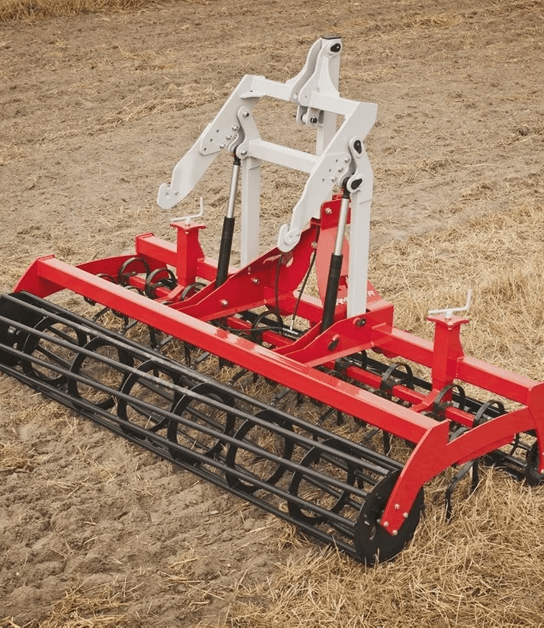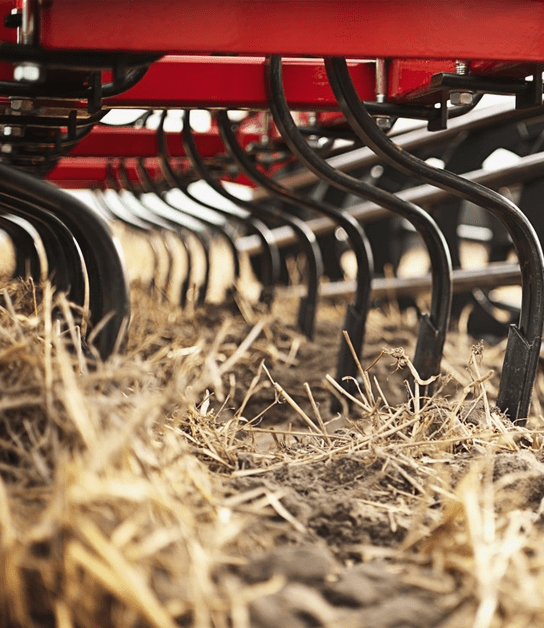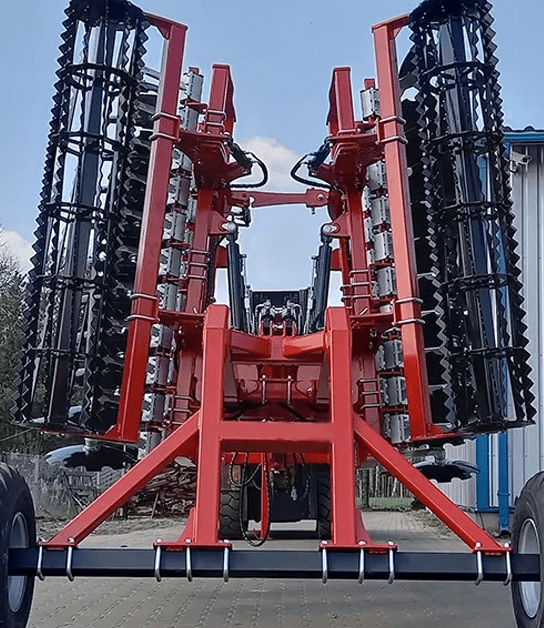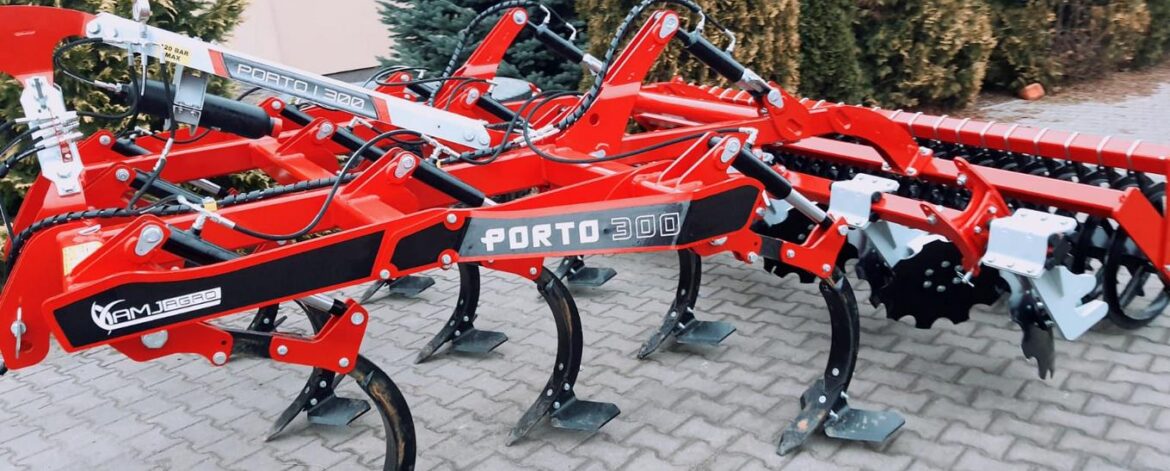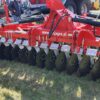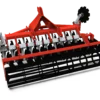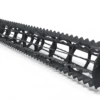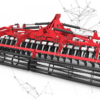No-tillage cultivation is becoming more and more popular among farmers, bringing a number of benefits to the soil and crops. However, like any technique, it has its own specific requirements and potential pitfalls. In this article, we will take a closer look at what you should pay attention to when using this method and when it is worth choosing deep cultivation and when shallow cultivation.
- What should you pay attention to when using no-till cultivation?
- When to use deep cultivation and when to use shallow cultivation?
- What are the main problems associated with no-till farming?
- Which machines are best for no-till farming?
What should you pay attention to when using no-till cultivation?
Although no-plough cultivation offers many benefits, such as saving time and fuel, it is important to approach its use consciously. One of the key aspects is the appropriate selection of cultivation depth. Inappropriate decisions in this regard may lead to problems such as excessive soil dryness or the appearance of weeds and self-seeding plants. Excessive number of machine passes may also contribute to soil compaction, which negatively affects its structure and fertility.
When to use deep cultivation and when to use shallow cultivation?
The choice between deep and shallow tillage depends on several factors, such as the type of soil, weather conditions and the type of crops being grown. On heavy soils, shallower cultivation is often more beneficial, as it allows for faster and cheaper field preparation. In the case of light soils and rich in crop residues, deep cultivation can better prepare the soil for sowing, reducing the risk of erosion and improving its structure.
What are the main problems associated with no-till farming?
- Frequent movements of heavy equipment can lead to soil compaction, which hinders root growth and water absorption.
- Without proper rotation and depth of tillage, reduced tillage can result in the formation of a plow sole, making it difficult for plants to access nutrients and water.
- No tillage means weeds and pests can more easily persist from season to season, requiring greater use of herbicides and other protective measures.
Which machines are best for no-till farming?
Do no-tillage cultivation machines such as are ideal PORTO no-plough aggregate, which allows adjustment of the working depth and is equipped with hydraulic security systems. This makes the machine flexible and can be adapted to various soil and crop conditions.
Related entries:
- How to cultivate without plowing?
Switching to reduced tillage is a step towards more sustainable and effective agriculture. Choose the right... - Soil tillage: is it worth using the plowing or no-till method?
Comparing plowing and no-tillage is an important topic in agriculture, regarding the differences in farming methods... - Subsoiling - a key process in soil cultivation that is worth knowing
Subsoiling is an important process in soil cultivation that is often underestimated, but has a huge impact... - Cultivation on heavy soils - the choice between a disc harrow and a plow
Growing on heavy soils requires precise selection of implements. Both the plow and the disc harrow have... - When is the best time to roll the field after sowing?
Rolling is just one of many agrotechnical procedures in the field, but if done well, it can significantly...

